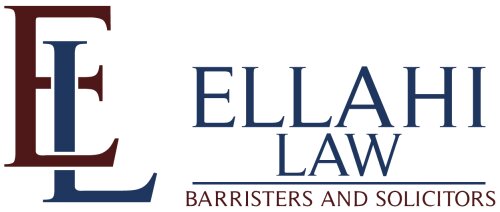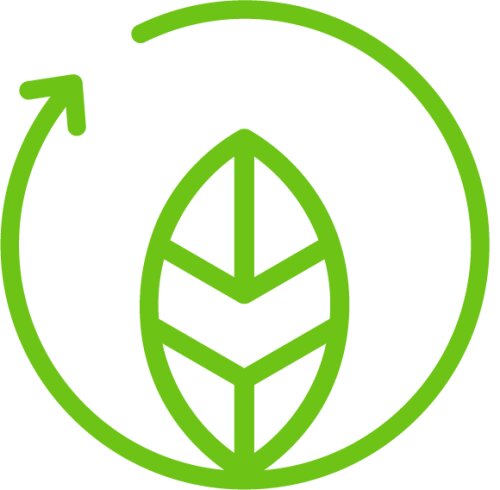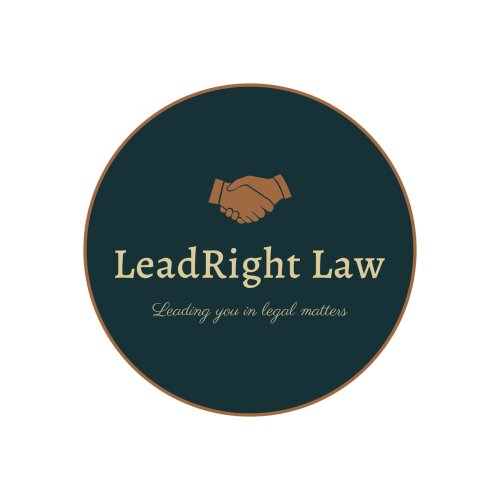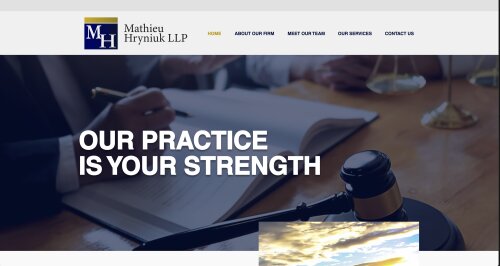Best Conveyancing Lawyers in Toronto
Share your needs with us, get contacted by law firms.
Free. Takes 2 min.
Free Guide to Hiring a Real Estate Lawyer
List of the best lawyers in Toronto, Canada
About Conveyancing Law in Toronto, Canada
Conveyancing refers to the legal process of transferring ownership of real estate property from one person or entity to another. In Toronto, Canada, conveyancing is a vital part of any real estate transaction, whether it involves buying, selling, or refinancing property. The process involves preparing, verifying, and lodging legal documents to ensure that title to the property is properly transferred and that the interests of all parties are protected. Professional legal advice is crucial, as the process is regulated by provincial and municipal laws that require careful adherence to avoid disputes or unexpected costs.
Why You May Need a Lawyer
There are several situations in which a lawyer's assistance is essential during a conveyancing transaction in Toronto. Most commonly, individuals seek legal help to review and draft purchase or sale agreements, ensure accurate title searches, and facilitate the payment and distribution of funds on closing day. Legal support is also critical in resolving issues such as title defects, unpaid property taxes, liens, or disputes over property boundaries.
Additionally, for those refinancing their mortgage, transferring property due to divorce or inheritance, or dealing with non-resident or first-time buyer requirements, a lawyer's expertise provides peace of mind and compliance with all legal obligations. Ultimately, having an experienced real estate lawyer involved can protect your interests and simplify what can otherwise be a complex process.
Local Laws Overview
The process of conveyancing in Toronto is governed by laws and regulations at both the provincial (Ontario) and municipal levels. Key aspects include:
- Land Transfer Tax: Toronto buyers pay both the Ontario Land Transfer Tax and an additional Toronto Land Transfer Tax.
- Registration of Title: All property transactions must be registered at the Ontario Land Registry Office using the electronic land registration system (Teraview).
- Law Society of Ontario: Only lawyers and paralegals licensed by the Law Society of Ontario can provide legal services related to conveyancing.
- Disclosure Requirements: Sellers must disclose certain property defects and historical issues to buyers.
- Ownership Types: Different types of ownership, such as joint tenancy, tenants in common, or condominiums, may have unique legal requirements.
- Review of Agreements: All agreements of purchase and sale are legally binding, making it important to have a lawyer review all documents before signing.
Frequently Asked Questions
What is conveyancing?
Conveyancing is the legal process of transferring the ownership of a property from one party to another. This includes preparing and reviewing documents, conducting searches, ensuring the title is clear, and registering the transfer with the proper authorities.
Do I need a lawyer for conveyancing in Toronto?
Yes, in Ontario, it is strongly recommended and often required to have a lawyer handle real estate transactions to ensure compliance with all local laws and to protect your legal interests.
How much does conveyancing cost?
Costs can vary depending on the complexity of the transaction and the law firm you choose. Typical fees may range from 800 to 2,500 Canadian dollars, plus taxes and disbursements such as title searches and registration fees.
What does a lawyer do during the conveyancing process?
A lawyer reviews the purchase agreement, conducts title searches, registers the transfer, handles the exchange of funds, ensures payment of land transfer taxes, and resolves any issues before closing.
How long does the conveyancing process take?
The process can take anywhere from a few days to several weeks, depending on the circumstances and the readiness of all parties involved.
What are title searches and why are they important?
Title searches are investigations into the legal ownership of a property to ensure there are no liens, claims, or defects that could affect your ownership. This step is crucial to avoid future disputes or financial loss.
What is a land transfer tax and who pays it?
Land transfer tax is a provincial and municipal tax paid by the purchaser when property is transferred. In Toronto, buyers pay both the Ontario and the Toronto land transfer taxes.
I am buying a condo. Is the conveyancing process different?
Yes, conveyancing for condominiums involves additional considerations, such as reviewing the status certificate, which provides information about the condo corporation and financial statements.
Can I handle conveyancing myself?
While it is technically possible, it is not advisable unless you have legal training. There are significant risks involved in missing critical legal requirements or deadlines.
What if there is a problem with the property after I buy it?
If the issue was not disclosed and is legally considered a material defect, you may have legal recourse. A lawyer can advise you on your options and potential remedies.
Additional Resources
There are several organizations and governmental bodies that can provide information and assistance with conveyancing in Toronto:
- Law Society of Ontario - Regulates lawyers and provides public resources
- Ontario Ministry of Government and Consumer Services - Offers information on title registration and land transfer taxes
- Toronto Real Estate Board - Offers guidance for buyers and sellers in Toronto
- Ontario Land Registry Office - Manages property records and title searches
- Legal Aid Ontario - Provides assistance to those who qualify for legal aid in certain cases
Next Steps
If you need legal assistance with a conveyancing matter in Toronto, the following steps can help you get started:
- Gather all documents related to your property transaction, such as purchase agreements, identification, and mortgage documents.
- Contact a licensed real estate lawyer in Toronto to review your situation and explain your options.
- Discuss fees and timelines with the lawyer to understand the scope and cost of their services.
- Let your lawyer handle communication with other parties and ensure all legal requirements are met before closing.
- If problems arise, rely on your lawyer to negotiate solutions or pursue legal remedies on your behalf.
With the support of a qualified legal professional, the conveyancing process can proceed securely and smoothly, protecting your rights and investment in Toronto’s dynamic real estate market.
Lawzana helps you find the best lawyers and law firms in Toronto through a curated and pre-screened list of qualified legal professionals. Our platform offers rankings and detailed profiles of attorneys and law firms, allowing you to compare based on practice areas, including Conveyancing, experience, and client feedback.
Each profile includes a description of the firm's areas of practice, client reviews, team members and partners, year of establishment, spoken languages, office locations, contact information, social media presence, and any published articles or resources. Most firms on our platform speak English and are experienced in both local and international legal matters.
Get a quote from top-rated law firms in Toronto, Canada — quickly, securely, and without unnecessary hassle.
Disclaimer:
The information provided on this page is for general informational purposes only and does not constitute legal advice. While we strive to ensure the accuracy and relevance of the content, legal information may change over time, and interpretations of the law can vary. You should always consult with a qualified legal professional for advice specific to your situation.
We disclaim all liability for actions taken or not taken based on the content of this page. If you believe any information is incorrect or outdated, please contact us, and we will review and update it where appropriate.

















